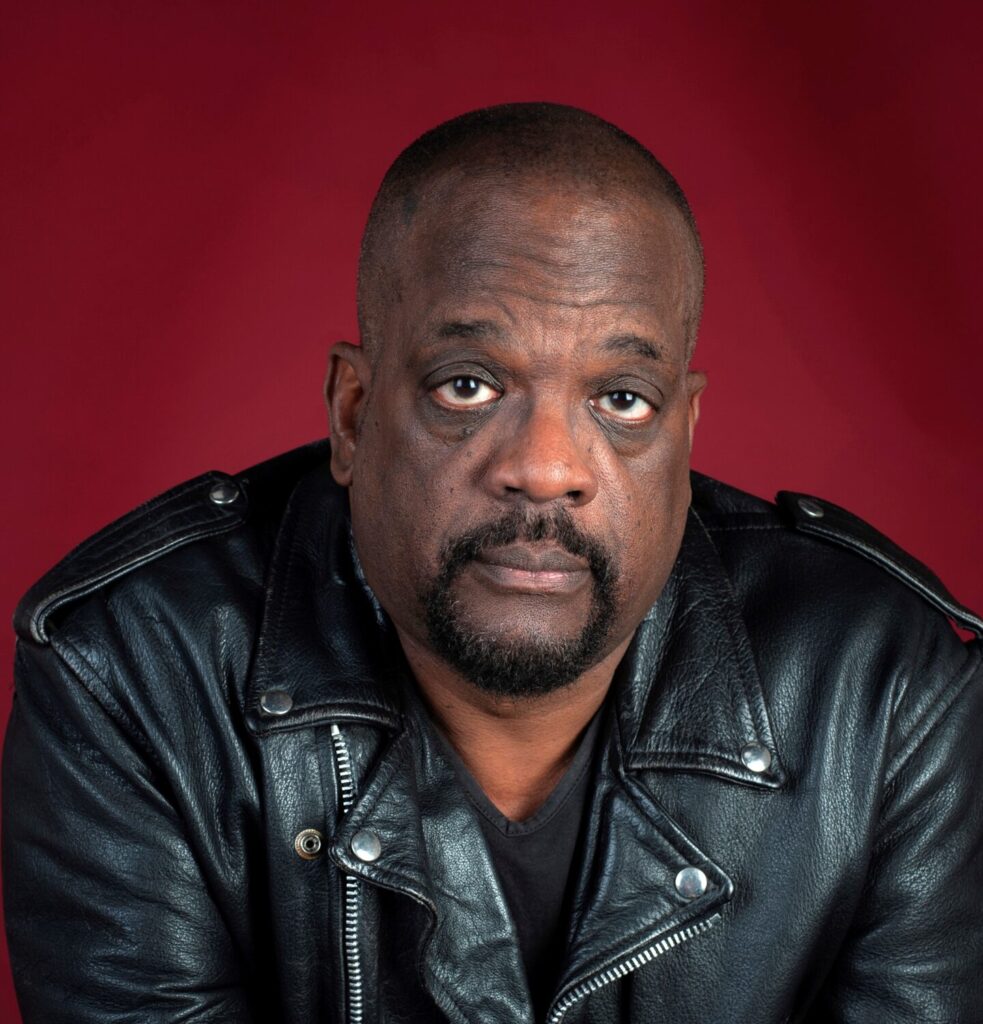
After a little over a decade, August Wilson’s work returns to UW-Madison with the production of his Pulitzer Prize and Tony Award-winning play “Fences,” directed by UW–Madison Professor Baron Kelly.
In 2012, “Ma Rainey’s Black Bottom,” a play about legendary blues singer Ma Rainey and her band at the studio over an afternoon in 1927, was done at Mitchell Theatre in UW-Madison’s Vilas Hall. That production was directed by Patrick J. Sims, who reached out to Kelly, but due to being in California at the time, could not take part in the production. Now with the memory of what might have been and what could be, Kelly, who earned his Ph.D. in Theatre Research at UW, spoke to why it is important that such a classic piece of Black literature and playwriting could be done at UW.
“The reason that I wanted to do ‘Fences’ was I wanted this to be a turnkey for other offerings from the Theatre Department that are going to be done,” said Kelly. “My colleague is going to be doing ‘Wine in the Wilderness,’ which is an Alice Childress play. UW hasn’t been a welcoming place for a lot of people of color, and there have been problems here up in Wisconsin. I wanted to show because of the great people that we have in the Theatre Department who are really committed to change, that this play could be a turnkey for events, to make things happen.”
“Fences” is one of ten in the Century Cycle play series that August Wilson wrote as sometimes interconnected stories of Black life and experience for each decade of the 1900s. Kelly also discussed some of Wilson’s other works such as “Joe Turner’s Come and Gone,” and how it would be nice to see a continued interest in bringing these pieces of Black theater to the stage. Interest seems in abundance though as Kelly spoke to the preview show being an example of the powerful effect that Wilson’s stories can have on an audience.

“Last night, we had a preview. It was an older audience and at the end of the performance, everybody stood up and applauded the actors,” said Kelly of last Wednesday night’s preview. “That’s progress in itself. It was kind of late, a little after 10, but people appreciated the place so much they stood up at the end.”
University Theatre’s newest production opened on March 1 and will run until March 10. The team putting together the “Fences” production also had a chance to connect with local high school students through dedicated performances that included opportunities for the students to engage with and analyze the play for its story and context. UW students involved with the play also got to learn as Kelly spoke to the positive feedback he has received, especially from opportunities to learn from people coming in to lend a hand such as guest artist Kevin Gawley, who will be working on stage design and lighting.
“All of their work backstage, the deck crew, the costume crew, they’re helping make the transitions and the reality for the actors backstage and onstage go much smoother,” Kelly said. “It was wonderful, just the students from a technical aspect, seeing how professionals like that work. It’s been nothing but love that we felt from the audience, and they were appreciated last night [at the preview].”
The audience’s praise and appreciation of crew and cast comes to no surprise as the material itself sets spectators up to engage with a captivating story. August Wilson’s place in Black literature and theater tradition speaks to the power of his works as snapshots of Black experience and Black adaptation to changing conditions and society as America moved through the 20th century. Kelly spoke to seeing a work like “Fences” as a medium for people to connect and learn from experiences and histories unlike those they know, or possibly similar to those they know.
“Fences takes place in 1957 and there are a lot of things that are mentioned and a lot of things were happening in this country in 1957 … August Wilson had a talent for bringing and finding the divine in the down-home,” Kelly says. “Even in these backyards and in these situations that these characters are in, their talking encompasses so many different things, politically and historically, in these particular conversations that these characters get into.”
“Fences,” which is considered a landmark work of American theater, tells the story of 53-year-old Troy Maxson, a former star of the Negro baseball leagues who now toils as a garbage man in 1957 Pittsburgh. Excluded as a Black man from major league baseball during his prime, Troy’s bitterness takes its toll on his relationships with his wife, Rose, and his teenage son, Cory, and threatens to tear his family apart.
From already speaking to crew members who could see pieces of the production reflect their own familial experiences, Kelly is sure that there is something in “Fences” for everybody. While some may already be familiar with the film adaptation of “Fences,” it is certain to be a new experience going to see it done on stage, and it may bring the story a little closer to home.
“People will recognize and be triggered by certain things in the play,” said Kelly. “I mean triggered in that it’ll bring up certain memories perhaps or they’ll remember conversations from something that their parents have said or that their uncle or their aunt have said about a grandparent. I tell people to come in and enjoy. Open yourselves up to this experience. The actors are doing a great job. It’s different from the movie, but come and see. Embrace the experience.”
The next two show times for “Fences” will be Thursday, March 9th at 7:30 p.m. and Friday, March 10th at 7:30 p.m.. To learn more about the production and purchase tickets for the shows on Thursday and Friday, visit the UW Theatre and Drama page here.



























